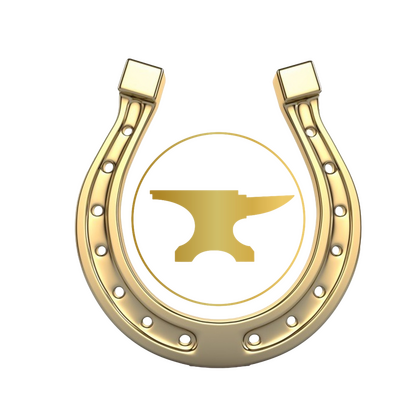
Warhorse Farrier Service
SERVING THE HORSE THAT HAS GIVEN US SO MUCH SERVICE
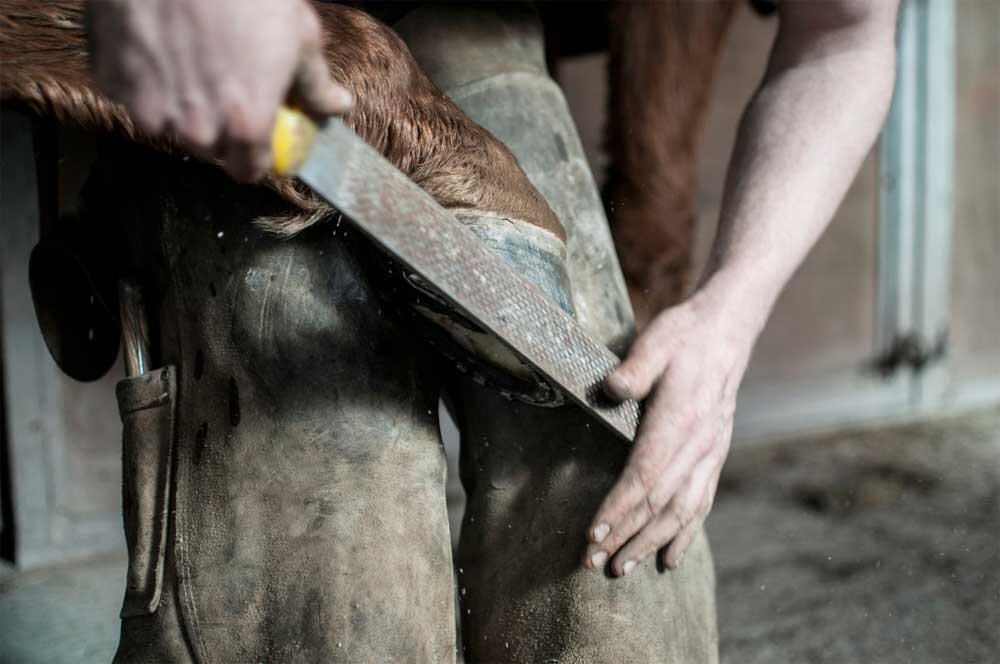
The Mission
Horses have made our society into what it is. Without horses, we could have none of what we have, yet today, horses tend to be underappreciated for the role they have played throughout history. They carried us into war, plowed our fields and pulled our carriages.
At Warhorse Farrier, I am a horse owner and appreciate horses, giving them the respect they are due. I specialize in pasture trims for standard horses, mules, donkeys, miniatures and drafts. It is my goal to give them the best hoof care I can provide while surveying the overall health of the horse and making any recommendations where needed.
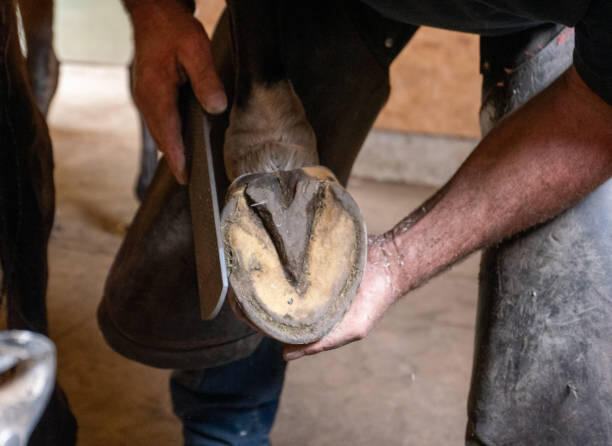
My Work
I attended Michigan State University Farrier School and did an additional apprenticeship under an experienced farrier for 3 years before starting Warhorse Farrier Service. I belong to The Society of the Horseman's Word and specialize in using scents to calm high strung horses. While it is true some horses may need forms of sedation due to their nature, my use of scents is a frontline method to calming an excited horse.
I own horses and regularly ride them in medieval and Old West reenactments.I am only doing pasture trims and not shoeing at the current time.
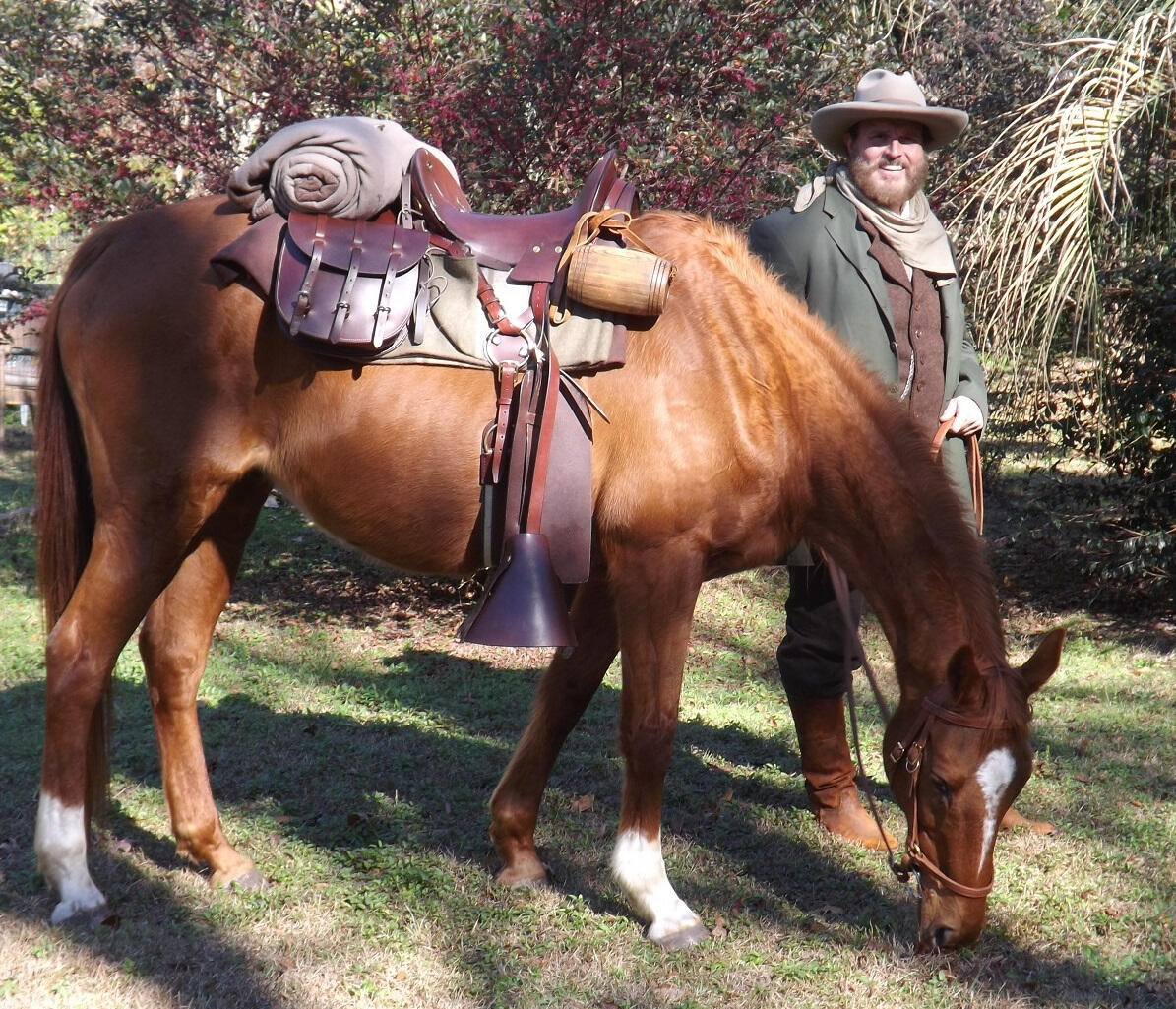
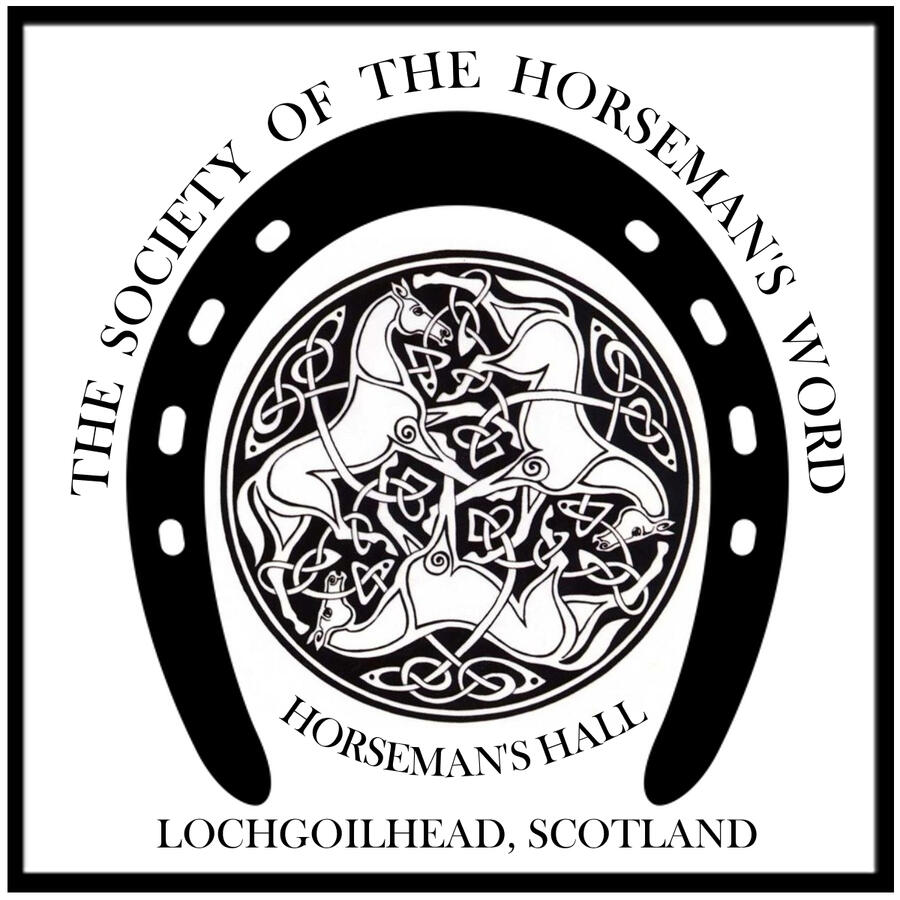
Contact Me
I serve the coastal region of Southeast Georgia. If you are within this region, reach out to me and give me your needs (please be specific to number of horses, types, ages, type of work, etc.) and I will get back to you and let you know if I can be available to you and your horse(s).
Phone: (912) 271-3440Please note that while working on horses, I remove my phone to keep horses from spooking at ringing or notifications so messaging me through the website is a guaranteed way to get a quicker response. Also, receiving a message through email gives you the opportunity to better describe your situation.
Warhorse Farrier Service is an elite farrier in the Ellabell, GA farriers directory on NewHorse.com.
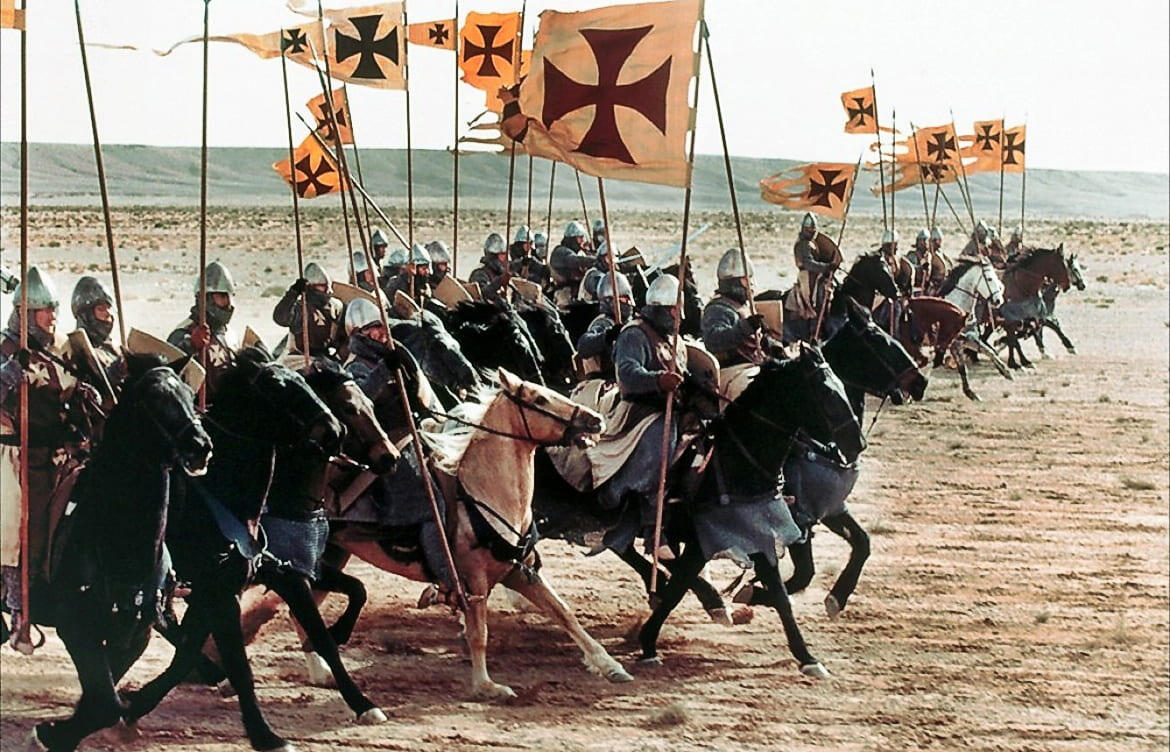
THE WARHORSE FARRIER BLOG
So why the name "Warhorse" for a farrier service? Well, for many years I was involved in the training of horses for reenactment battles whether they be medieval, Revolutionary War, War of 1812 and Civil War. Horses going into these type situations have to be so-called "Bomb-proof" for they have to be able to handle swinging swords, thrusting lances, waving flags, the noise of battle to include gun fire and cannon fire and to be able to keep their head whilst maneuvering around running men and other horses.
That said, I also think it important to remember the horses who came before and who gave their lives in service to our causes. But it isn't just the knight's horse that is noble but all the ones who pulled a carriage or a plow, or pulled heavy logs from the forest to build towns. Today, many horses live a sedentary life, far removed from the travails of yesteryear but their role should never be forgotten in making us who we are.For further articles in sequence, click the button below (Next Blog Article) or for a particular subject article, hit the link below.
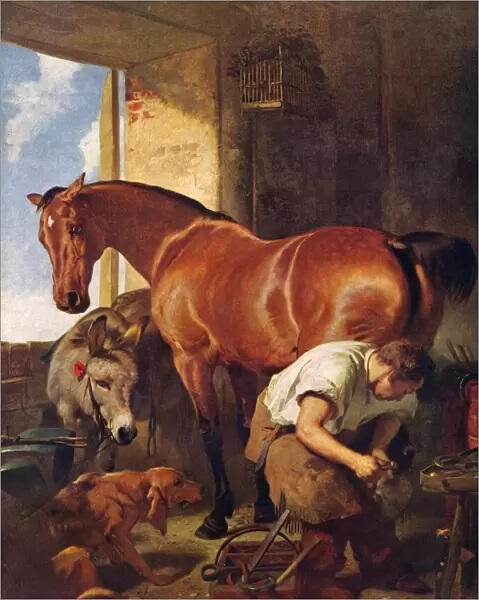
Tips for Hiring a FarrierFor those who may not know, farriers come in all types. Some do only horses whilst some will do donkeys, mules and even goats and sheep. Typically, training to be a farrier requires training under an experienced one and/or going to school to learn to become one. Farriers in the United States are not required to be licensed even though apprenticeships may last 2 years or longer and school may take up to 12 weeks with some taking even longer and tuition can be very high.That said, a farrier spends a lot of money on their vehicle, fuel to get to your location, their farriery equipment and tools and takes risks that many horse owners are often not willing to take. There are some farriers who are eager to get started and will take any job to get experience or money but the more experienced ones will want to ask questions before taking on a new client. The prospective client should also consider that the farrier may have a full clientele and only takes on new clients as he/she loses one. Sometimes making inquiries into just pricing without giving any details into what kind of equines you have, how many and how long it’s been since they’ve been trimmed will get you no response.Many farriers know how to shoe horses but not all of them do. Some may be opposed to it and prefer barefoot methods while some may find that it is not cost effective or they may do it only when they feel it is needed.So when you shop around for a farrier, be prepared to give them the following information:What type of equines you have (standard horses, donkeys, miniatures, drafts)?
How many?
How long has it been since last trimmed/shod?
Are there any known medical problems, especially hip or hoof issues?
Do the horses voluntarily lift legs or do they have a history of snatching?
(Snatching may not necessarily make the farrier exclude you but will better inform them on what they may have to do to calm the equine and whether or not the horse might have to be sedated by a veterinarian)
For draft horses, do you have a stock? What condition is it in?Farriers choose what clients they keep. Sometimes you may get a visit from a farrier who takes care of your horse’s feet and you may not hear from them again. This puzzles some horse owners but more than likely, if a personal tragedy has not occurred in the farrier’s life, it may be something they found irritating whilst visiting your barn. The horse might have been too difficult, unsafe conditions of the barn or work area, the owner did not hold the horse or the horse owner questioned everything the farrier was doing or even directing him/her on how to do it. Be aware that farriers are not “a dime a dozen”. Take care of your farrier and let them take care of your equine’s feet. While farriers are not perfect and can, like all, make human errors, they are not always easy to secure. Like horse owners, many farriers talk to one another and soon learn the barns to avoid.Lastly, if you have trouble finding the right farrier for you, learn it yourself. Schools are readily available if you have the money and are willing to travel and asking to help an experienced farrier in exchange for his/her knowledge will often be met with enthusiasm which could lead to a suitable apprenticeship.
Thank You
God forbid that I should go to any Heaven in which there are no horses.
Robert Cunninghame-Graham, in a 1917 letter to Theodore Roosevelt